 Lexington Plumbers
Lexington Plumbers
 Lexington Plumbers
Lexington Plumbers
Gas Line Repairs provides a critical plumbing service that involves the inspection, maintenance, and repair of gas delivery pipelines to ensure safety and compliance with local codes. This service addresses gas leaks, pressure irregularities, and pipe damage, using precision equipment and safety procedures to protect occupants and prevent hazardous conditions. Licensed plumbers ensure all repairs comply with laws and regulations for consistent and protected fuel transmission
We provide top-quality Plumbing services throughout Fayette County. Whether you need help with Gas Line Repairs or other issues, our Experts is ready.
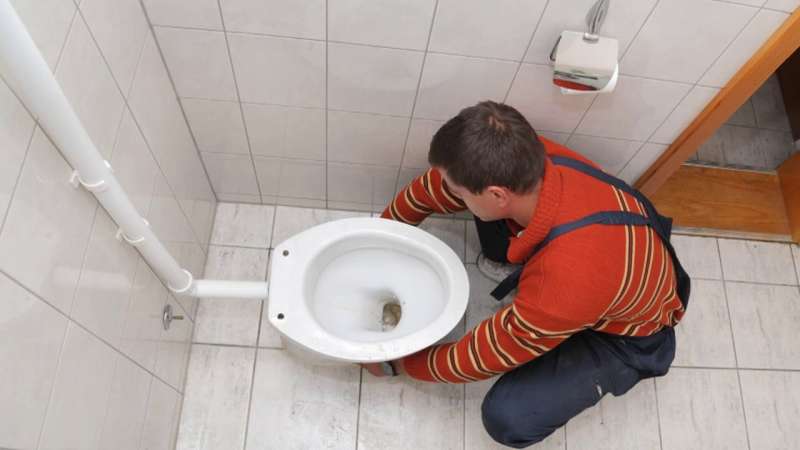
Installing dishwashers, hot water heater (tank and tankless), waste disposal unit, and cleaning machines.
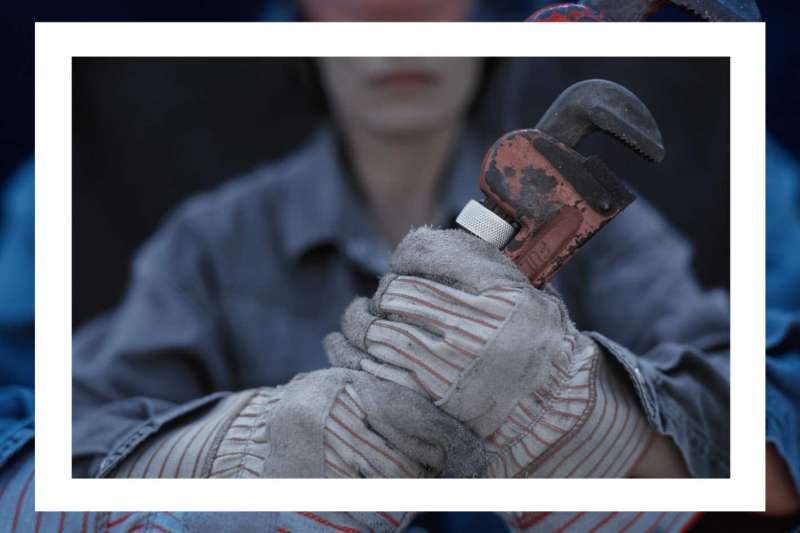
Making sure backflow avoidance gadgets are working correctly.
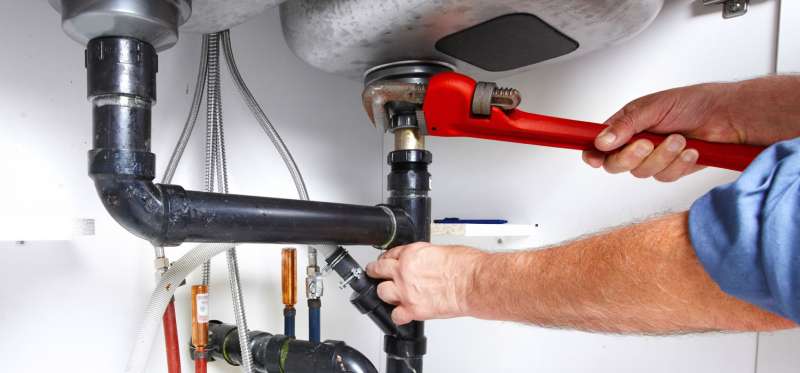
Moving or upgrading plumbing systems.
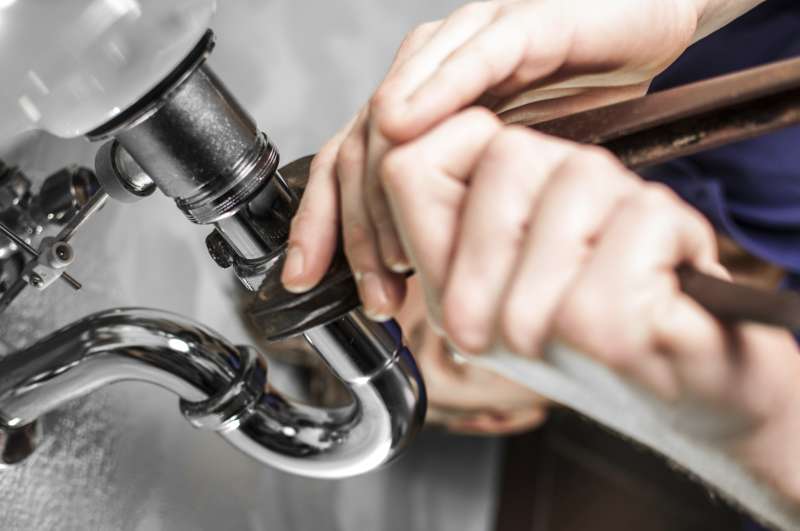
Guaranteeing plumbing systems meet local policies.
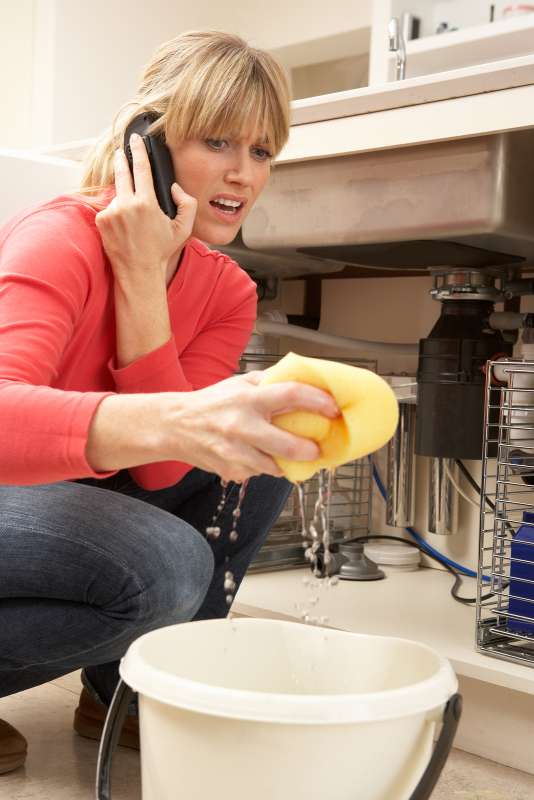
Immediate response to prevent flooding and water damage.

Cleaning obstructions in sinks, toilets, showers, and sewage system lines.
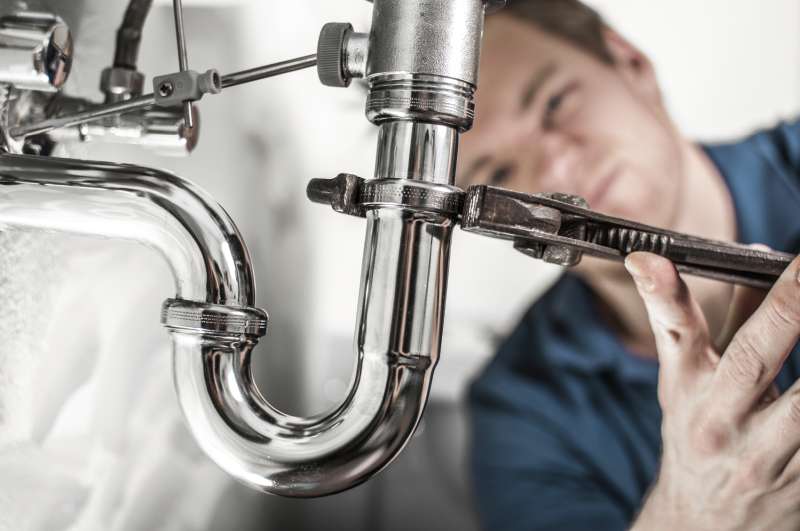
Routine cleansing to prevent clogs and keep circulation.
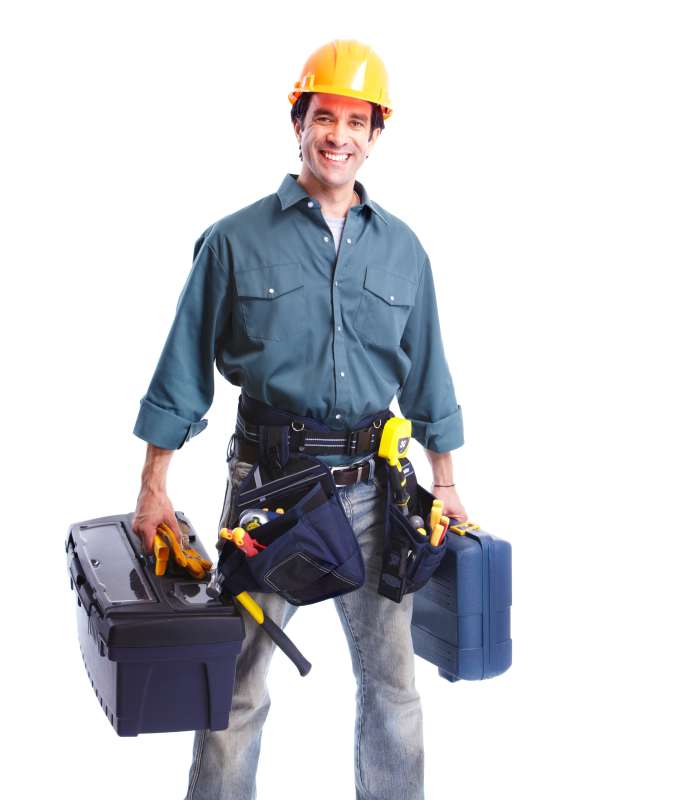
Repairing malfunctioning faucets, toilets, and other components.
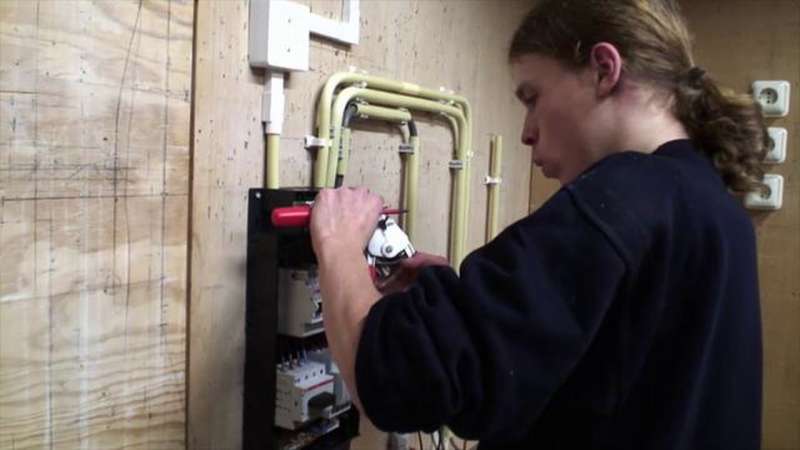
Installation of sinks, faucets, toilets, bath tubs, and showers.
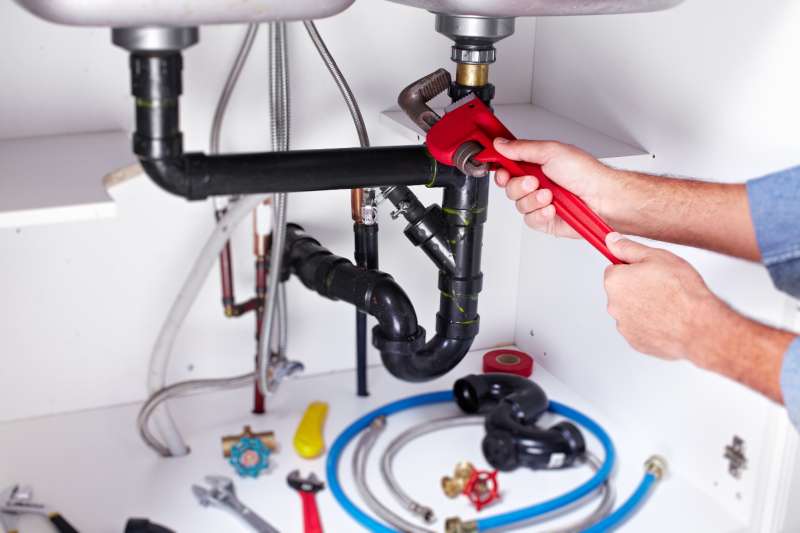
Emergency detection and repair work to prevent threats.
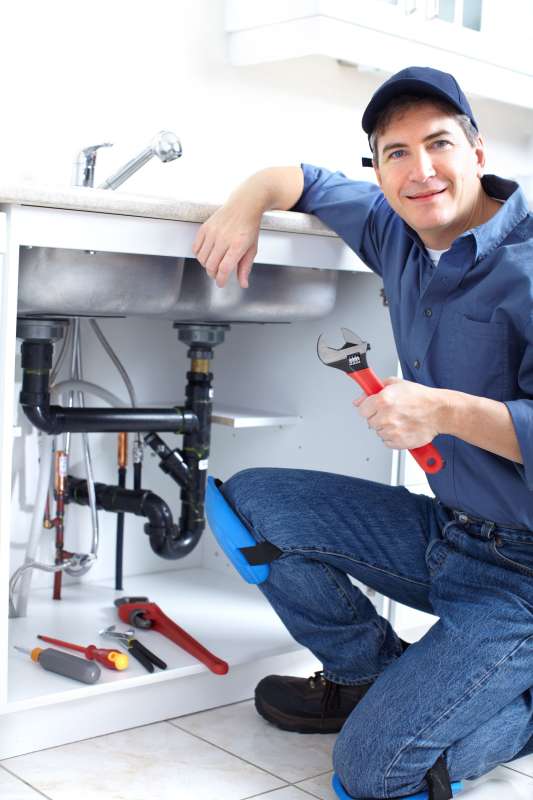
Fixing gas leakages and ensuring proper gas line functioning.
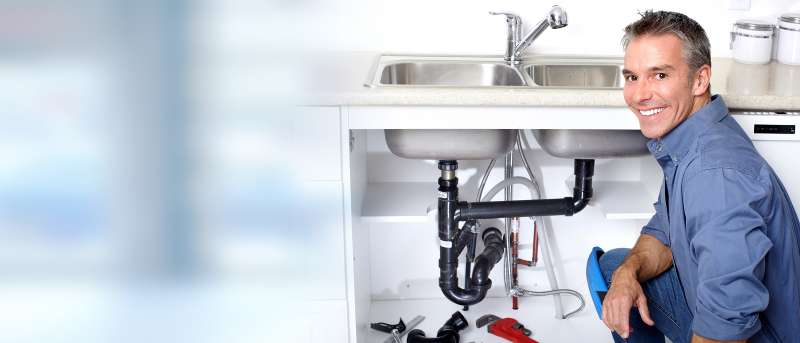
Setting up systems for reusing family wastewater.
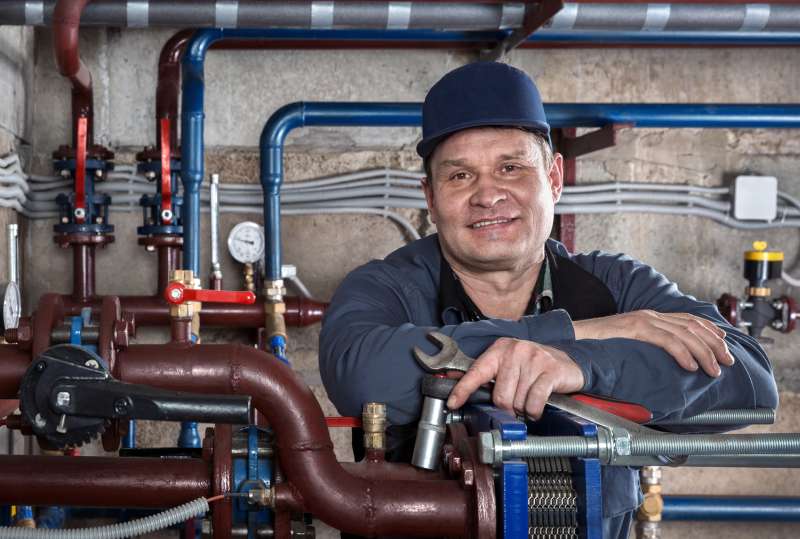
Installing and keeping radiant floor heating systems.
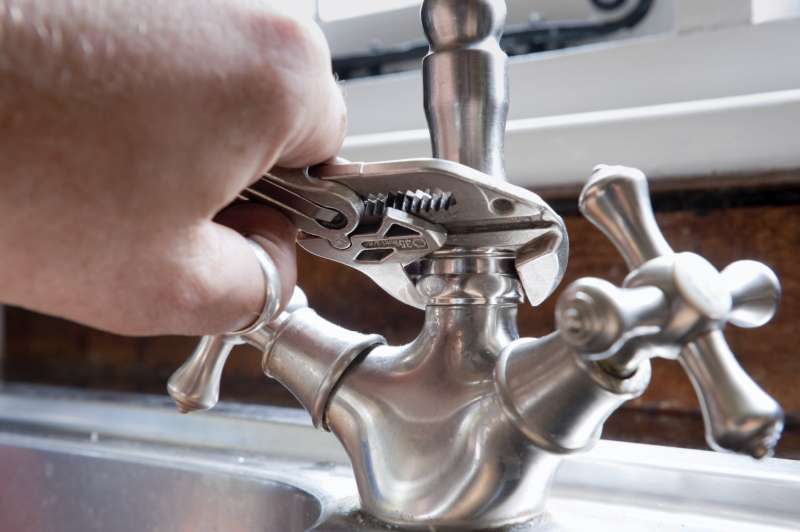
Specialized piping for factories or commercial settings.
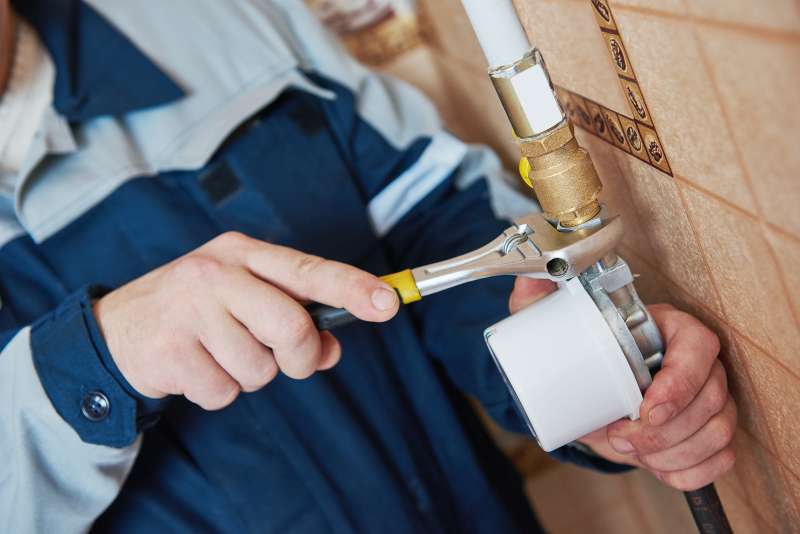
Installing and preserving outside watering.
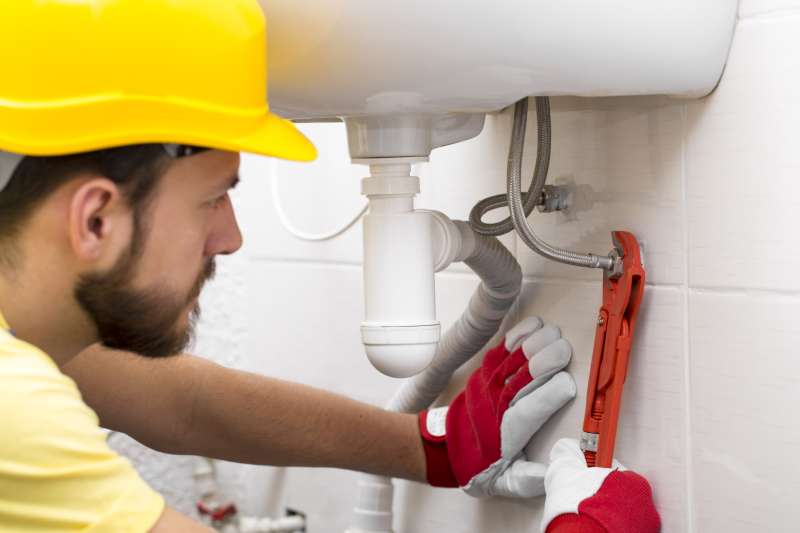
Plumbing systems for new structures or remodellings.
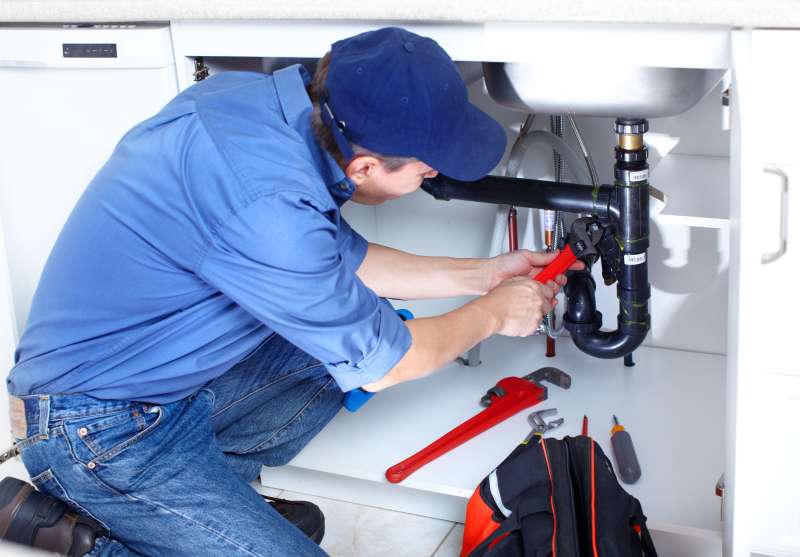
Repairing leaks in pipes, faucets, toilets, and home appliances.
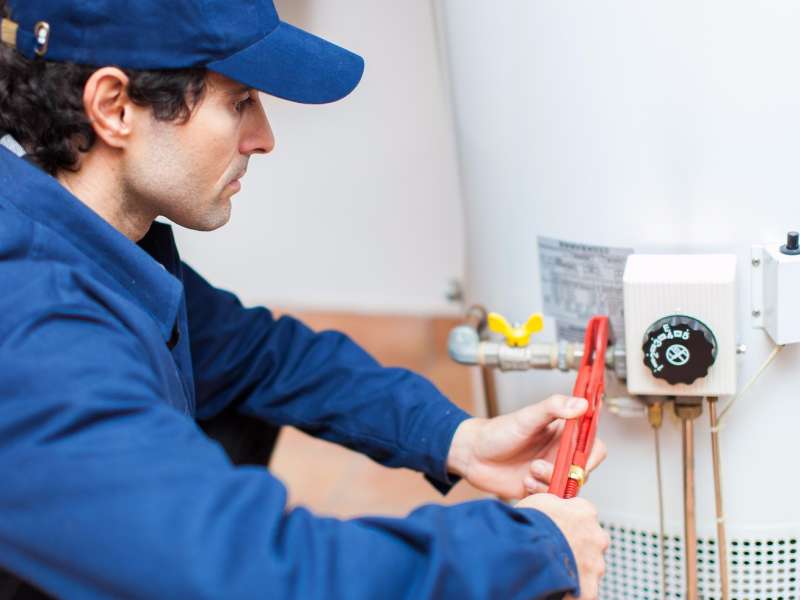
Quick resolution of extreme blockages and overflows.
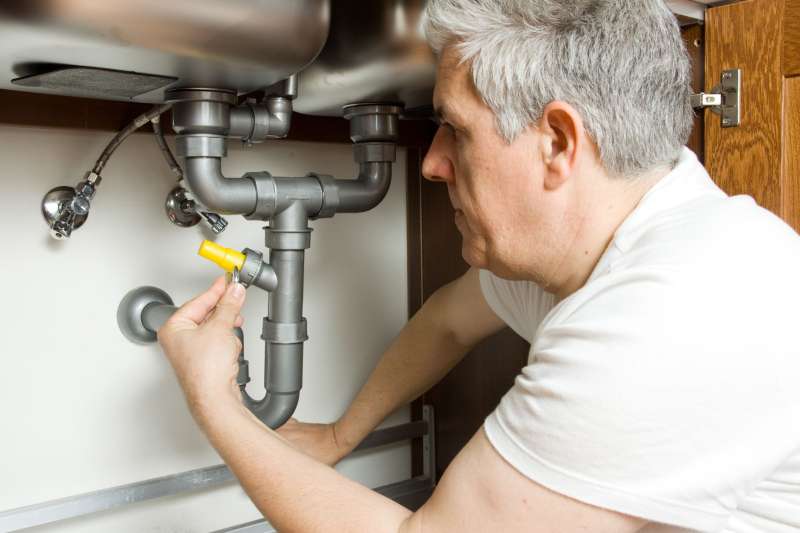
Utilizing video cameras to inspect pipelines for damage or blockages.
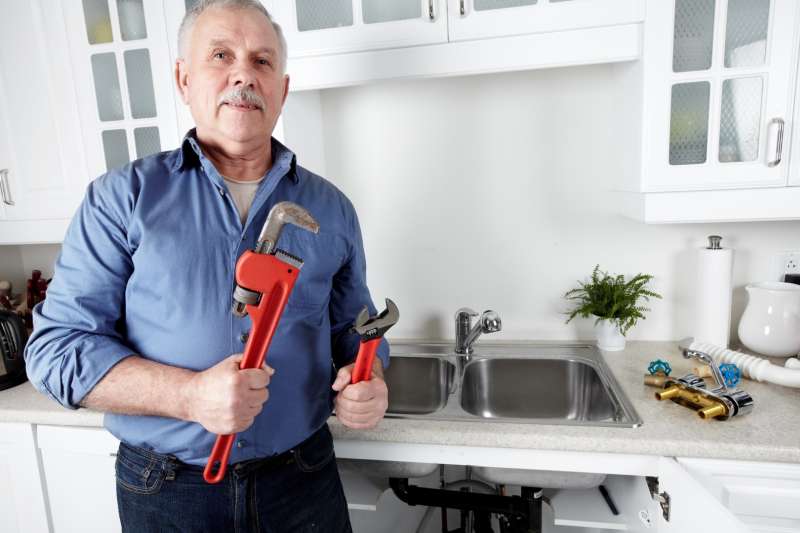
Fixing or changing burst, rusted, or harmed pipes.
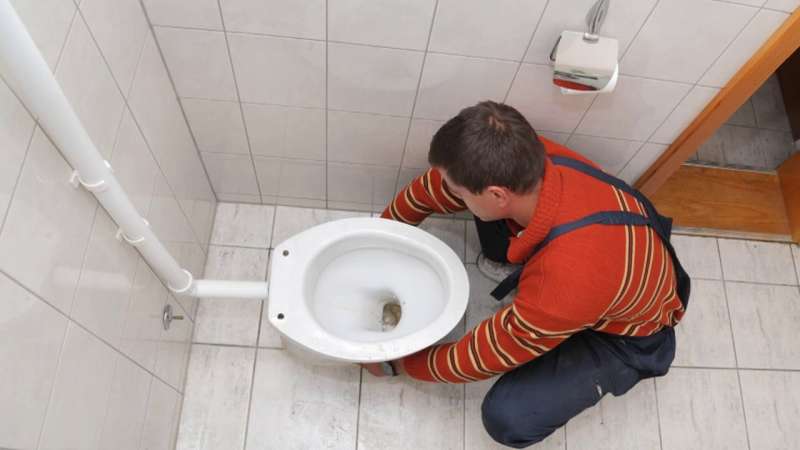
Setting up new piping systems for water, gas, and drain.
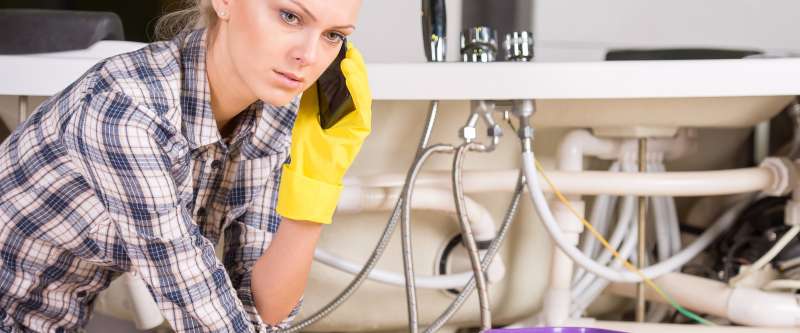
Assessing plumbing systems before purchasing home.
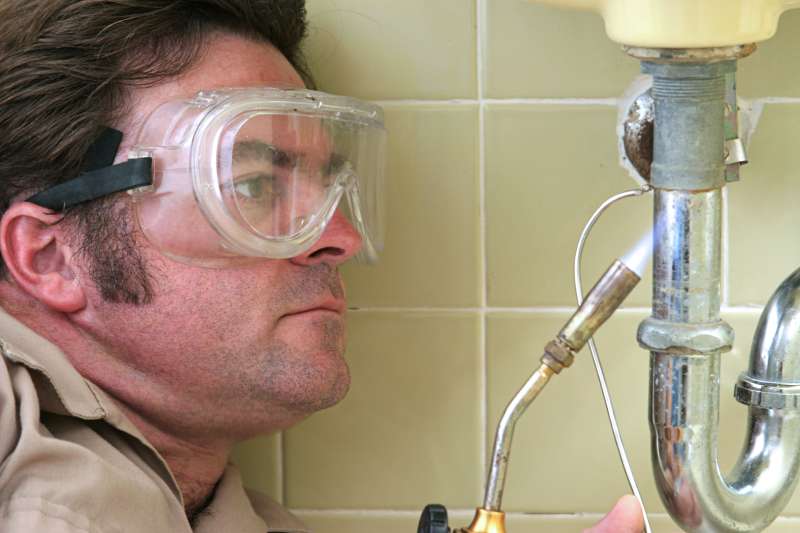
Installing systems to gather and use rainwater.
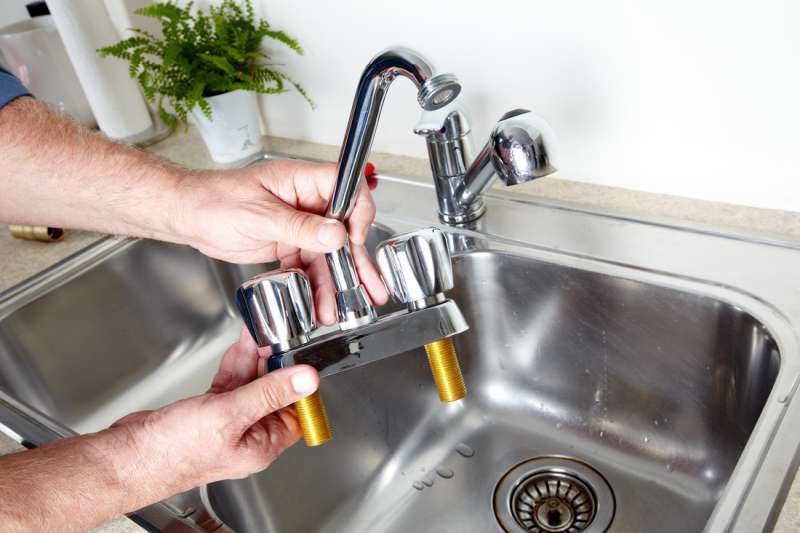
Ongoing maintenance services for services.
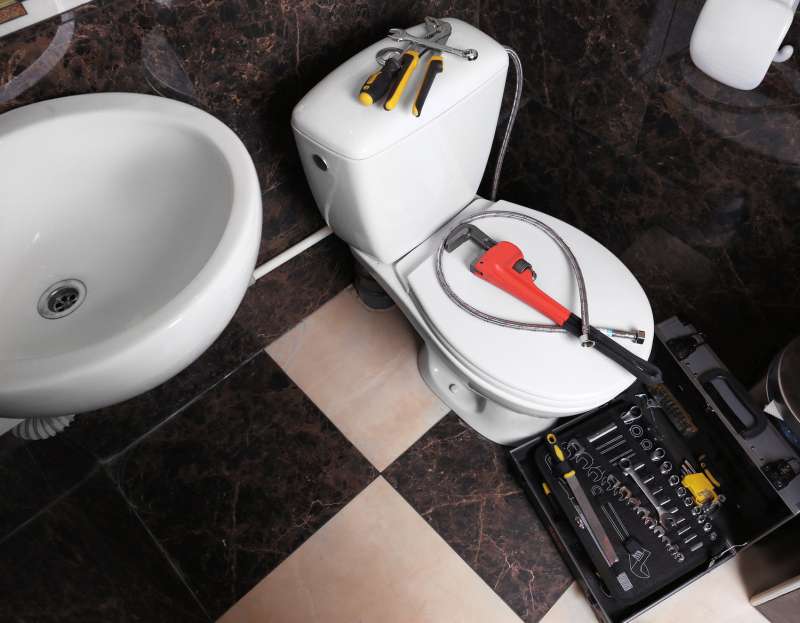
Setting up, repairing, and preserving septic tanks.
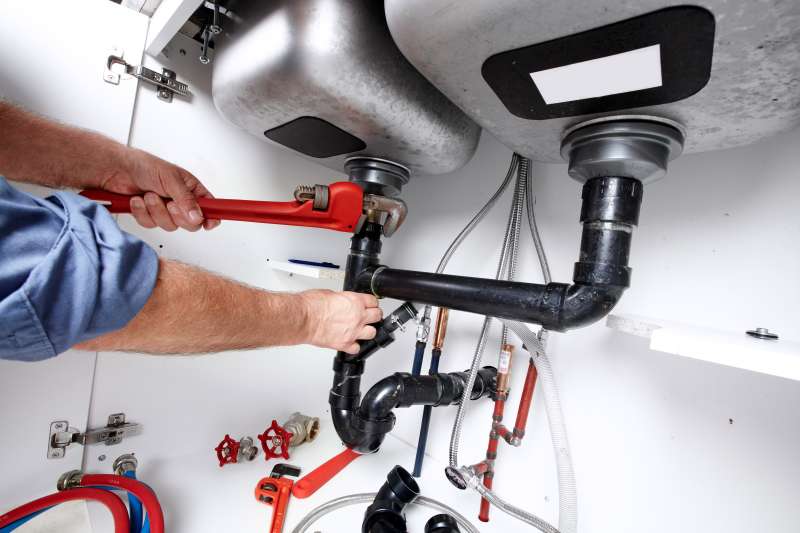
Handling groundwater in basements.
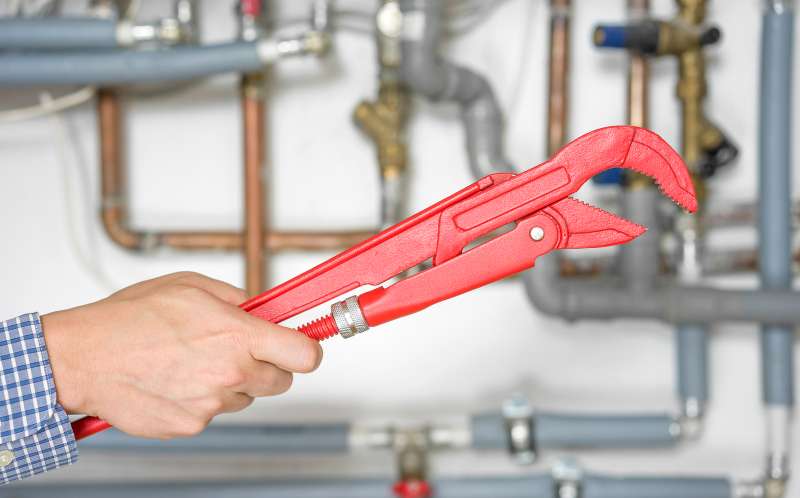
Installing water-efficient or modern-day fixtures.
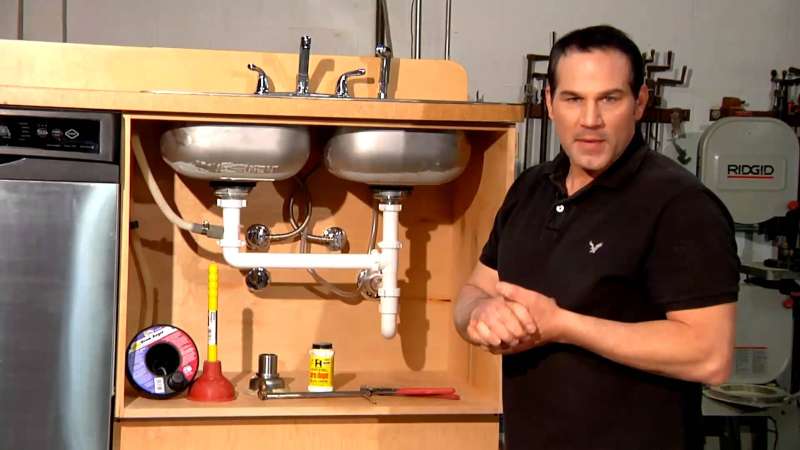
Recommending on water-saving strategies and products.
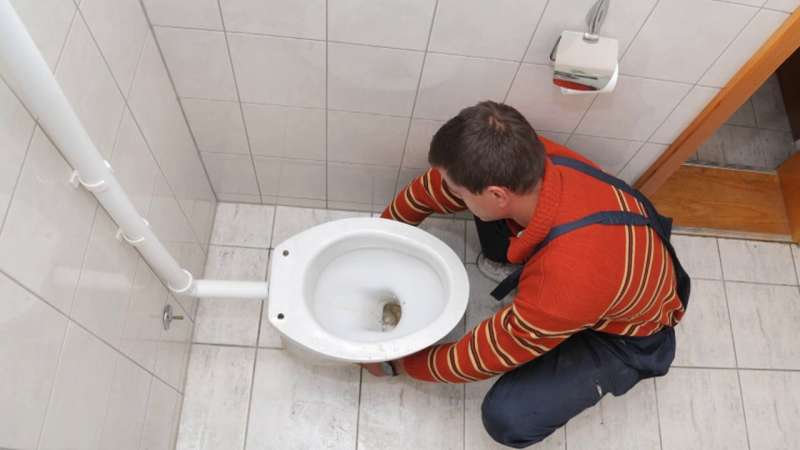
Installing water softeners and purification systems.
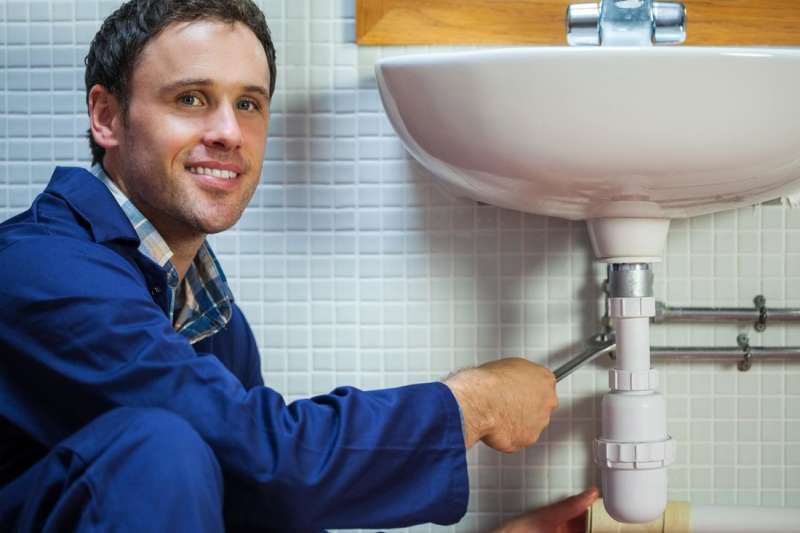
Flushing and examining water heaters to extend life-span.
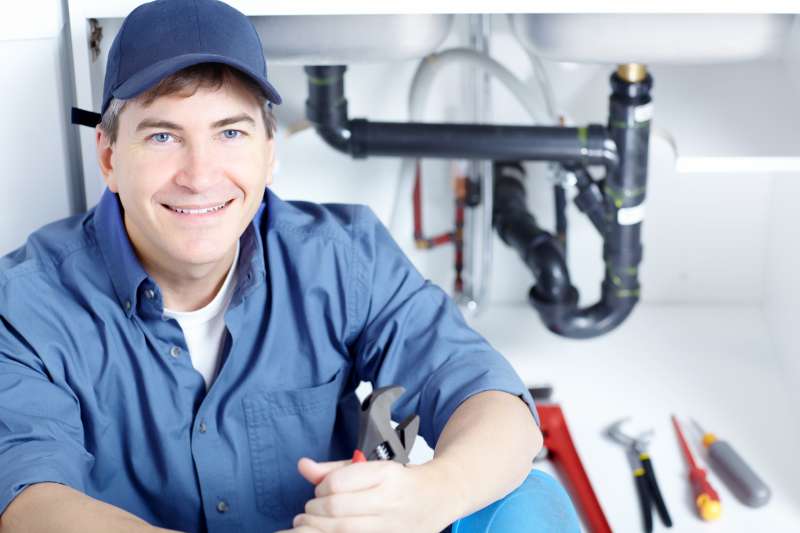
Addressing problems with temperature, leaks, or failure to heat water.
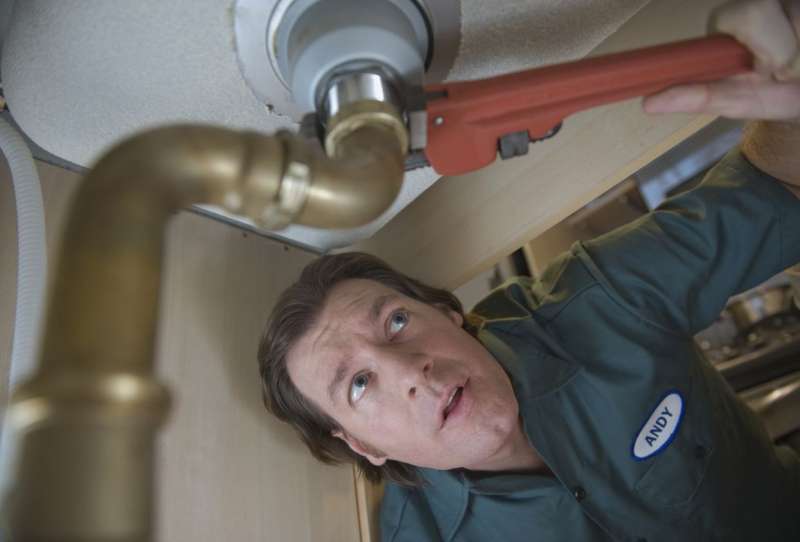
Protecting basements or other areas from water intrusion.
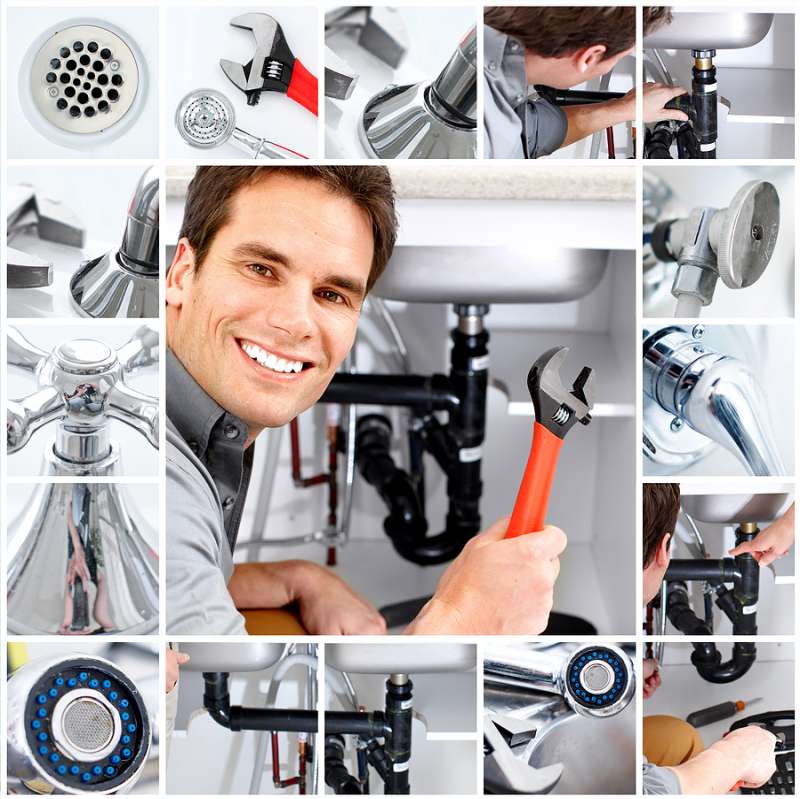
Immediate attention to prevent contamination and health risks.